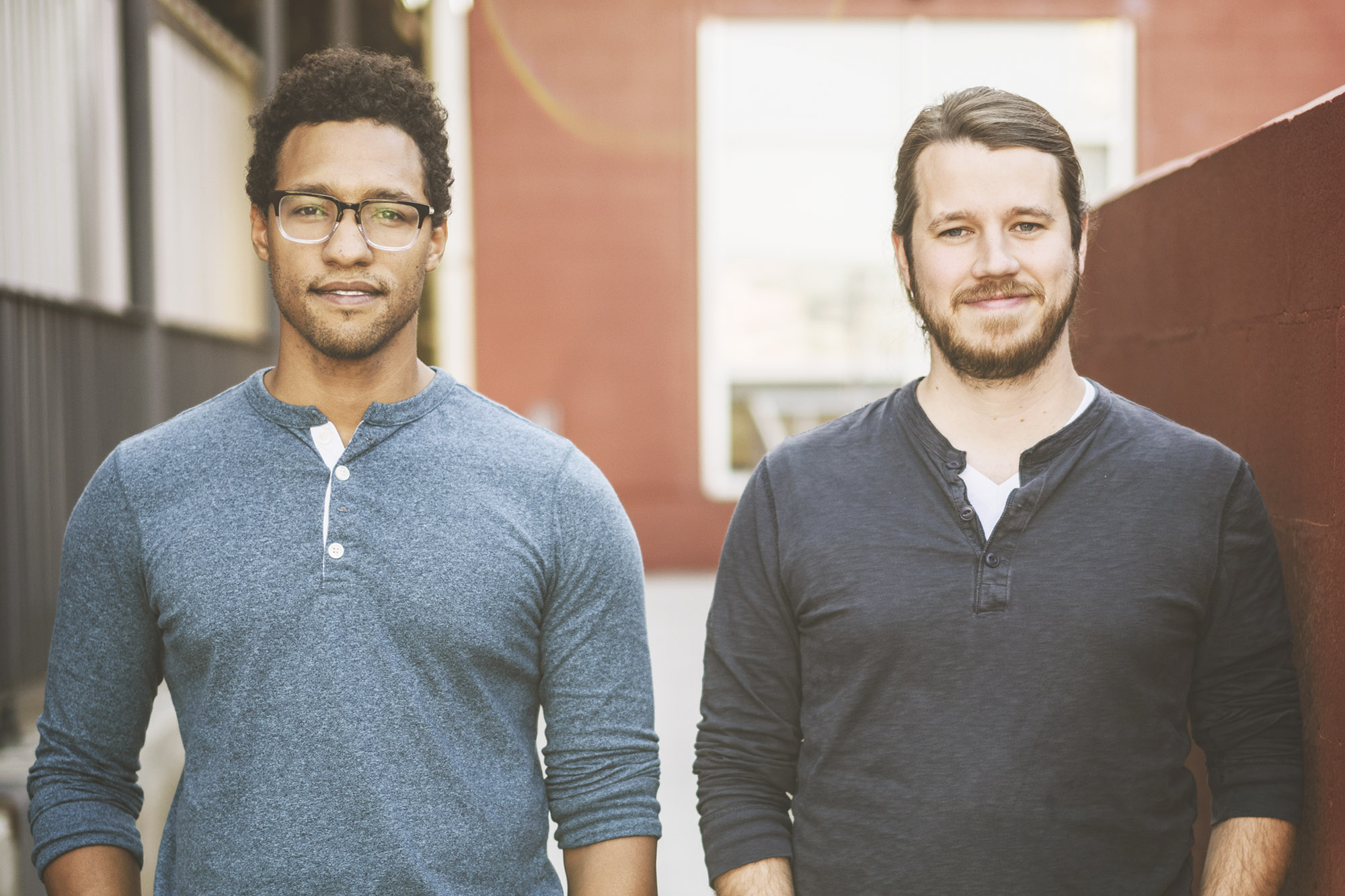As anybody who’s seen films like “Almost Famous” might surmise, being the tour manager for a rock band can be, well, quite memorable.
That was certainly the case for University of Virginia alumnus Luke Rabin, who managed Parachute – the band founded by Charlottesville High School and UVA students that was formerly known as Sparky’s Flaw.
Rabin says there were “surreal” moments, such as when the band played Times Square on New Year’s Eve alongside big-name artists Taylor Swift and the Jonas Brothers.
Then there was all the time crammed into a 15-passenger van, traversing highways around the country and staying at seedy motels.
At the end of the day, though, Rabin said “lonely” would be the best way to sum up his time as a tour manager.
Rabin decided he’d rather make music.
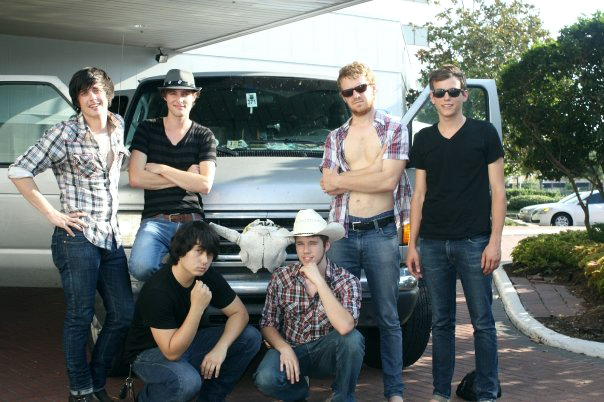
Rabin, kneeling on the right, managed the rock band Parachute after graduating from UVA in 2008. (Contributed photo)
Subsequently, he became a free-lance producer, studio engineer, touring drummer and co-founded a company geared toward helping content creators earn income.
But in 2011, Rabin had to change course after injuries to his wrists prevented him from being able to play the drums.
Rabin, who had earned his economics degree at UVA, took a job as an unpaid intern at PlanG, a tech startup company in Richmond, where he learned to become a product manager.
Five years and a few more tech start-ups later, that decision – which involved turning down a paid position at a consulting firm – looks like a strong one.
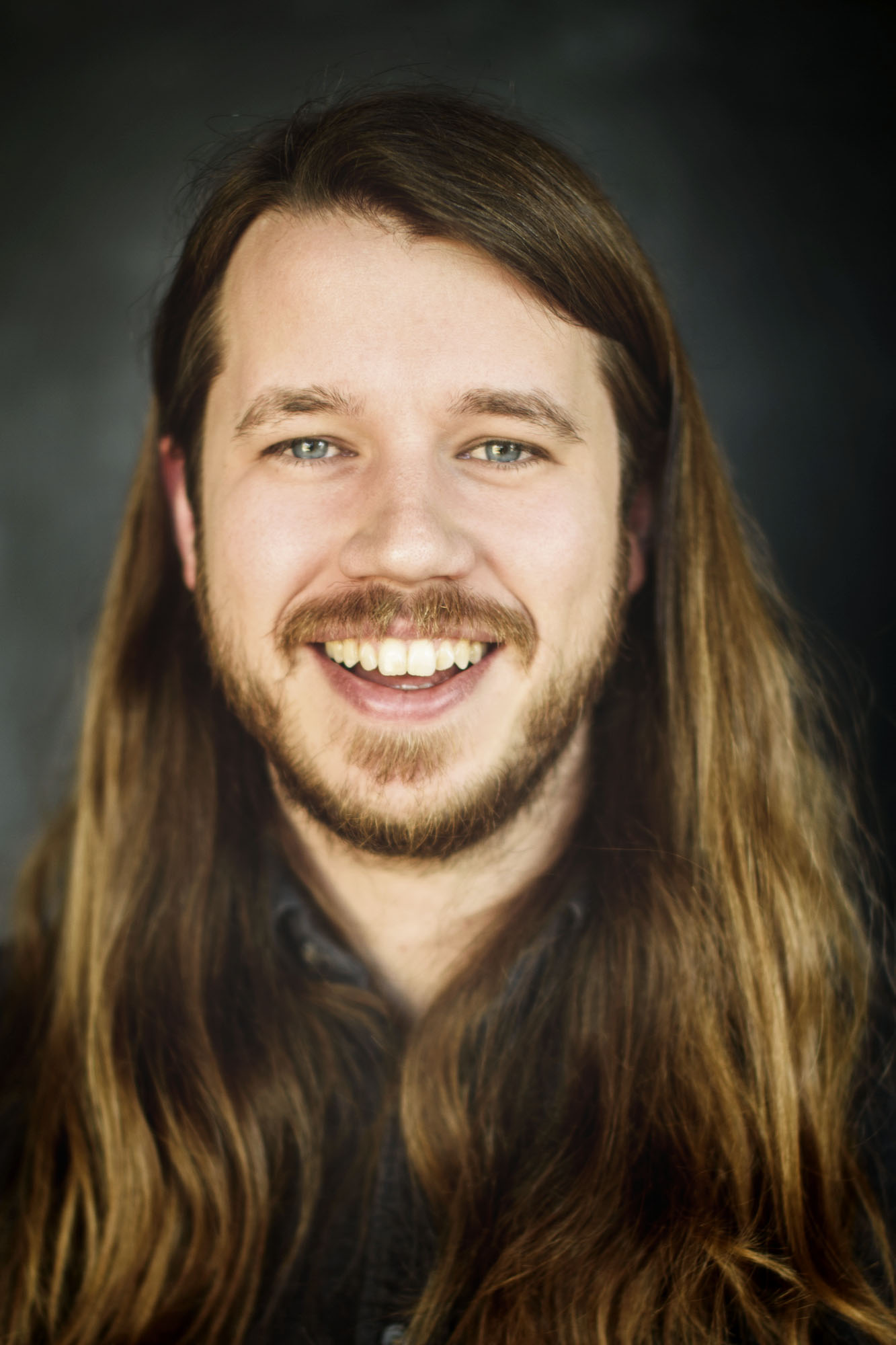
Rabin says he learned a lot from working for a series of unsuccessful tech startup companies. (Contributed photo)
Rabin’s newest company, BLDR, recently won the Richmond Technology Council’s 2020 Technology Builder of the Year award.
BLDR designs and creates blueprints for new tech products, or works with clients who have an idea for a business or product and are looking for a technical co-founder.
“Our team is focused on product strategy and design, and so we focus on the ‘who,’ ‘what’ and ‘why’ of a product before we even think about the ‘how,’” Rabin said.
“The fact of the matter nowadays is you can make just about anything, so the questions surrounding ‘How are we going to make this?’ aren’t much of a risk. But with such a noisy and saturated market, the biggest risks have moved toward, ‘Can we make a valuable product that customers will love?’”
To date, BLDR has co-founded 11 tech startups, including a timely one that created a social distancing proximity alert called “Distance.”
Recently, BLDR helped a software remodeling company, Corgibytes, with its first product, “Freshli,” which helps keeps apps “fresh” and avoid security breaches.
“They immediately understood why our product was important and helped us get a complete product off the ground quickly,” Corgibytes co-founder Andrea Goulet said. “Most designers that we've worked with in the past are either intimidated by the technical nature of our work or don’t quite understand the value proposition, so it takes a lot of back-and-forth to explain ourselves. Not so with BLDR. They immediately dove in, understood what we were doing, and delivered phenomenal results.”
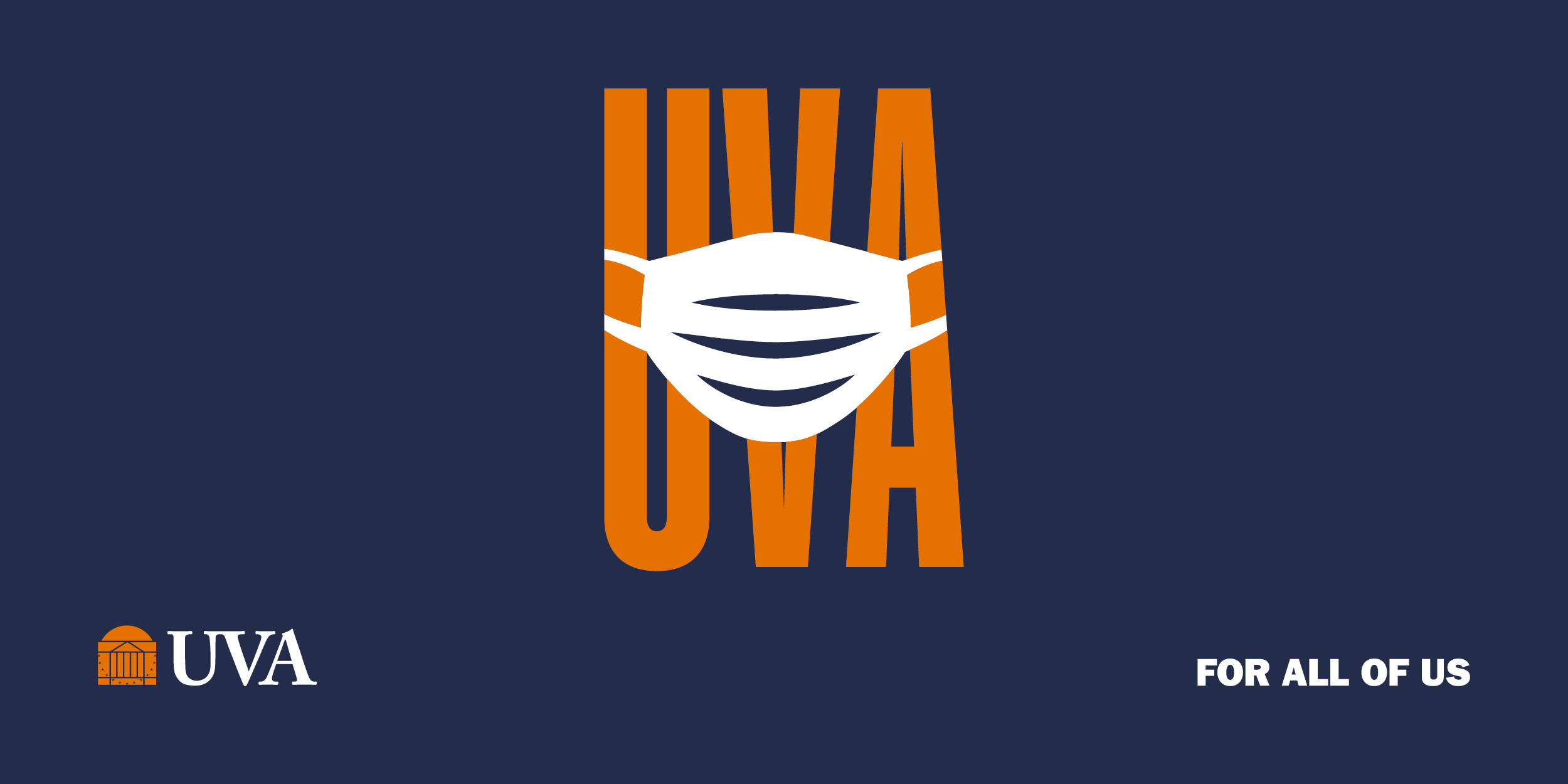
Rabin, who grew up in Falls Church, had wanted to work in music ever since he was a kid, but said his eyes opened to other possibilities during his time at UVA.
As an undergraduate, he became interested in economics, taking courses with professors Ken Elzinga and Lee Coppock.
“Econ 201 and 202 (macro and microeconomics) have really been the most valuable in my career, just because I’ve gotten to apply that as a powerful lens to examine entrepreneurship and product development theory,” said Rabin, who graduated in 2008.
Rabin said BLDR came about organically as the result of working at a series of unsuccessful tech startups that were making “preventable mistakes.”
Rabin believes the whole concept of having a big idea and then raising money to turn the idea into a company is flawed; more important is the people and the processes that you build your company with, and that help you adapt your ideas.
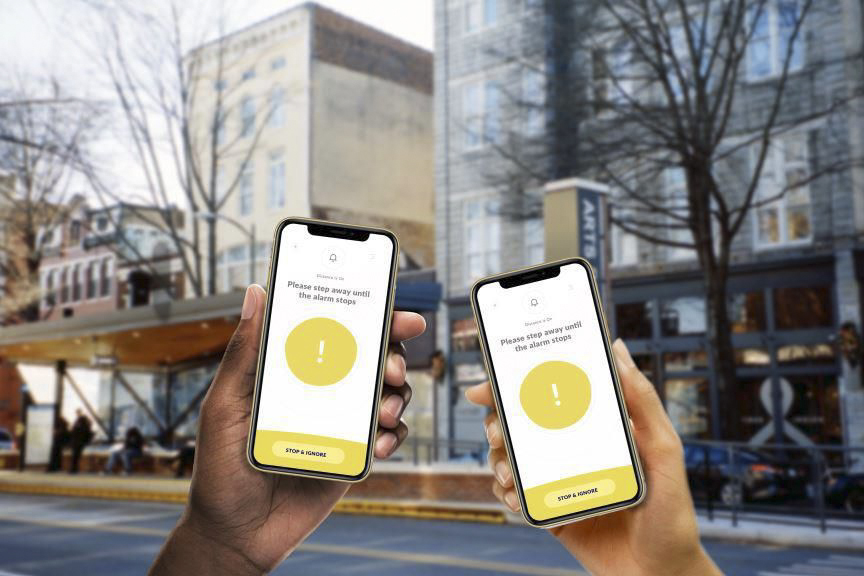
One of the startups BLDR cofounded created a social distancing proximity alert called “Distance.” (Contributed photo)
“You can give a bad idea to a great team who knows how to test and learn about viability and they’ll find their way to a great company,” Rabin said.
Another takeaway from his time at failed startups was that “creating a company is completely unlike operating a company, and so there is no amount of previous experience or success that can prepare you well for starting a company from nothing,” he said.
BLDR co-founder Brandon Lewis said Rabin, whom he met at a philanthropy-focused startup, has an innate ability to quickly comprehend complex ideas and concepts, then find solutions.
“Luke’s probably one of the most talented and versatile individuals I know,” Lewis said.
BLDR, in partnership with Startup Virginia, is currently launching a new program called the “Idea Factory,” which shows entrepreneurs how to test, improve and validate their ideas via a “product experiment.”
“There are tons of programs for startups that already have a product, but there’s almost nothing for people that just have an idea,” Rabin said.
Noelle James, the director of startup growth at Startup Virginia, said Rabin’s contributions to the endeavor have been vital.
“He intimately understands the pain points and potential technology pitfalls of starting a company and is passionate about leveraging his experience to help others,” James said. “He lives the BLDR mission to ‘do everything we can to create companies and products people love,’ and the Idea Factory is proof of his commitment to helping aspiring entrepreneurs find success.”
Rabin said his long-term vision for BLDR is to help launch as many women- and minority-owned companies as possible, and to make Virginia known for the next generation of entrepreneurs.
Of course, music will always be in his heart. While Rabin, who has a 2-year-old daughter, Vera, doesn’t long for his times on tour, he does miss playing in front of live audiences.
He said the silver lining is that he never considered himself that great of a musician.
“Being forced to make a drastic change,” he said, “has helped me discover that I’m a whole lot better at making companies and digital products than I ever was at making music.”
Media Contact
Article Information
October 29, 2020
/content/parachuting-music-industry-tech-world-has-paid-alumnus

